Page 15
Category: Regulations
-

ARC flags ‘sub-standard’ Queensland licence
The Australian Refrigeration Council (ARC) has called out Queensland for putting consumers at risk with a “sub-standard RAC licence”. The licence is part of the new mechanical services regulations that came into effect on January 1 this year. “The major issue is that one of the qualifications required for the Queensland licence does not specify […]
-
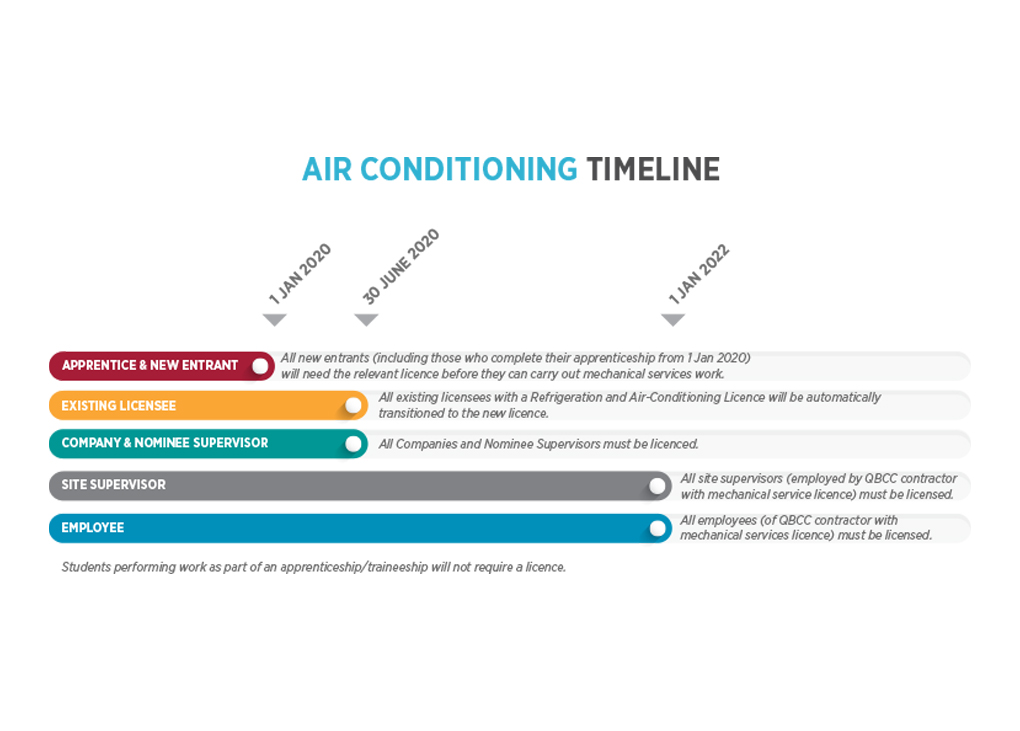
New rules for Queensland fridgies
A new licensing framework has been introduced in Queensland. Workers now require a Queensland Building and Construction Commission (QBCC) licence for mechanical services work. According to the QBCC, “improperly installed and maintained heating and cooling systems can lead to dangerous bacteria growing and spreading through systems in facilities such as aged care, hospitals and shopping […]
-

Fire safety reforms for NSW
Rules are changing for fire safety practitioners in NSW. From April 2020, only accredited persons under the Fire Protection Accreditation Scheme (FPAS) will be authorised to endorse plans and specifications of some fire safety systems. While this will initially apply to the design of wet and dry fire safety systems, HVAC design is expected to […]
-

NCC workshops coming soon
In March and April, the Australian Building Codes Board (ABCB) will be presenting seminars on the National Construction Code (NCC) in capital cities around the country. The 2020 NCC seminars will focus on answering common technical enquiries concerning the application of the NCC Volumes One and Two, and information relating to the changes contained in […]
-
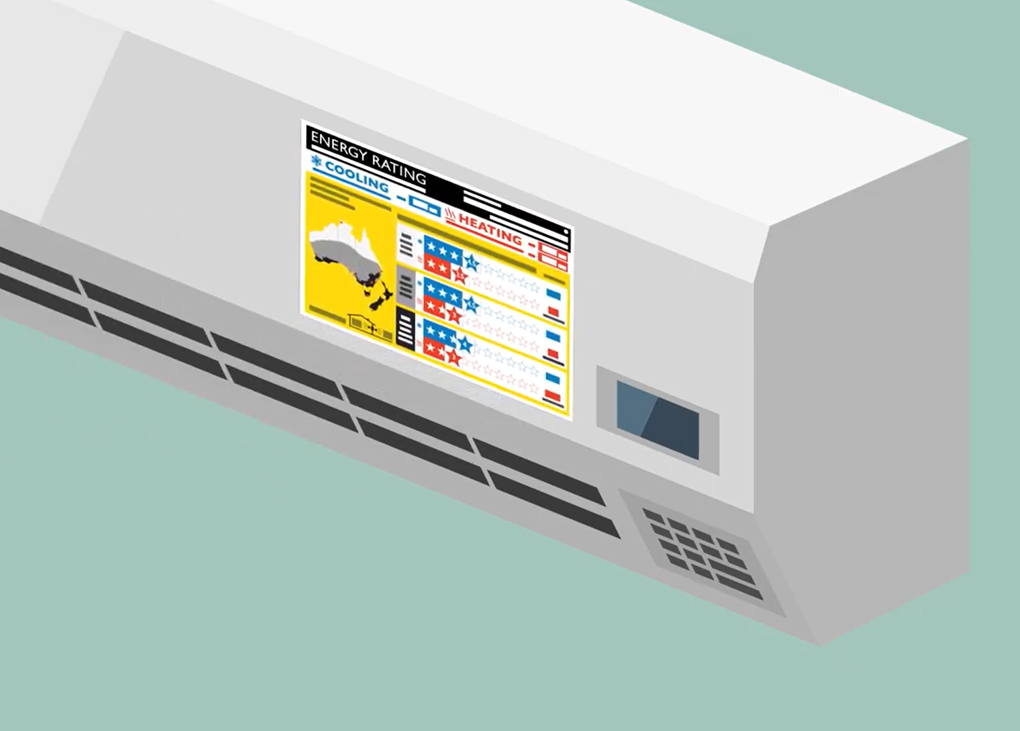
Videos on new energy labels
Last year the government ran information training sessions on the new energy labels that will soon start appearing on air conditioners. It has now placed a suite of information related to the content of the information sessions on the Energy Rating website. This includes a series of videos based on the information sessions. The videos […]
-

Chemours suspends supply of R404A and R507A
Chemours has suspended the supply of refrigerants with a high global warming potential (GWP) in the European Union, including R404A (GWP 3,922) and R507A (GWP 3,985). The move supports the European Union F-Gas Regulation to lower-GWP alternatives and prepare for the next quota phase-down in 2021. On January 1, 2020, a prohibition came into effect in […]
-

New rules on refrigerated cabinets
From August 15, 2020, the replacement Greenhouse and Energy Minimum Standards (Refrigerated Cabinets) 2019 will come into force in Australia. The changes in the 2019 Determination include: The addition of refrigerated storage cabinets, ice-cream freezers and scooping cabinets to the product classes of refrigerated cabinets that are regulated for energy efficiency The assessment of refrigerated cabinet performance […]
-

RIS for open flued gas heaters
The Department of Environment, Land, Water and Planning (DELWP) is undertaking a review and regulatory impact statement (RIS) process to consider options to address risks from open flued gas space heaters. Open flued gas space heaters pose a risk of releasing unhealthy and sometimes lethal concentrations of carbon monoxide into buildings. Malfunctioning, poorly or infrequently […]
-

Reforming approvals for commercial buildings
The Department Of Mines, Industry Regulation And Safety – Building And Energy is holding a free information session on the Consultation Regulatory Impact Statement (CRIS) titled Reforms to the approvals process for commercial buildings in Western Australia. The CRIS will be published on Wednesday, December 11 and will be available from the Building and Energy website. The […]
-

Professional registration timetable confirmed
The Victorian government is moving ahead with its plan for compulsory professional registration of engineers, and has released more information about when and how the scheme will come into effect. Consumer Affairs Victoria held a forum on Monday, December 2 with engineers who have previously expressed an interest in the engineers registration scheme. The forum […]
-

Help fix the skills gap
The Australian Industry Standards annual skills survey is open, and all members of the HVAC&R industry are encouraged to participate. “This is the best opportunity refrigeration and air conditioning employers will get to voice their opinion,” says long-time educator and member of the RAC technical advisory committee (TAC), Steve Smith. “They can indicate whether the […]
-
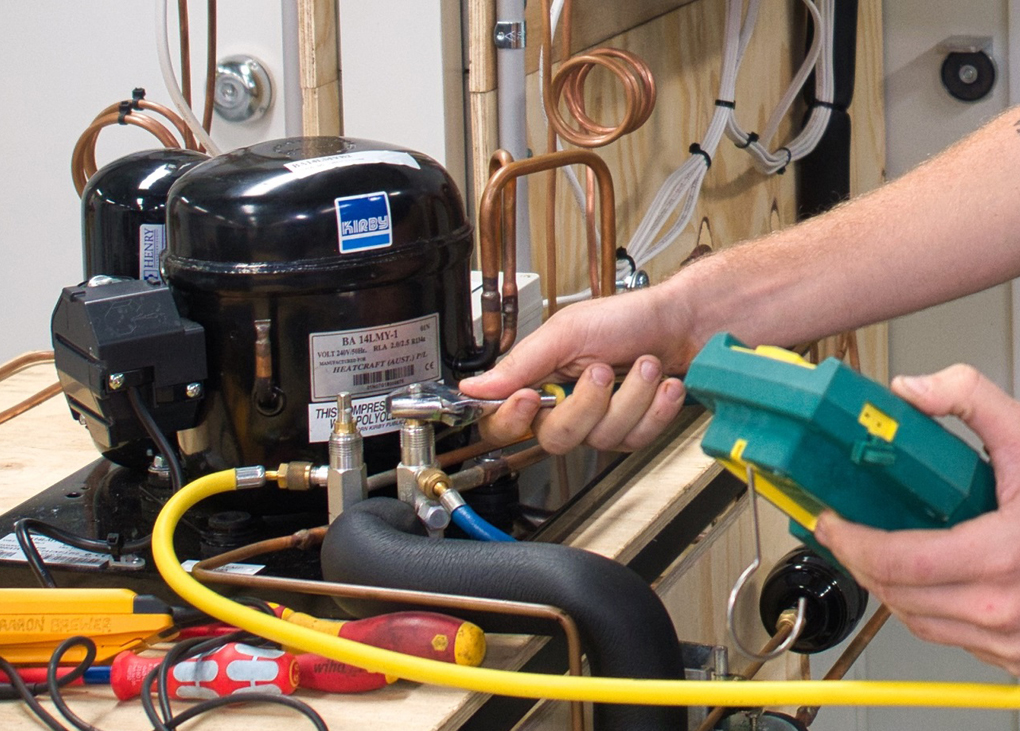
Queensland tightens Cert II rules
The Queensland government has confirmed details of its new mechanical services licence framework, including the need for Certificate III qualifications to perform nearly all refrigeration and air conditioning work. The regulation incorporates feedback from the consultation period earlier this year, and confirms the goal of raising industry standards and accountability. “The licensing framework recognises that […]
-

Buildings to the rescue for ERF
The federal government is searching for ways to give the Emissions Reduction Fund (ERF) a much-needed boost, and appears to see energy efficiency and the built environment as two areas with great potential. The Emissions Reduction Fund (ERF) – recently expanded and rebranded as the Climate Solutions Fund – is the centrepiece of the government’s […]
-

NSW takes first step towards registration
The NSW government has released draft regulations to introduce registration for building and development certifiers. The move comes one month after Victoria passed legislation for compulsory registration of engineers, and follows the recommendations of the Building Confidence implementation plan. Engineers Australia has criticised what it perceives as the excessively narrow focus of the regulation. “The […]
-

Change on the way for NCC 2019
The Australian Building Codes Board (ABCB) is undertaking an out-of-cycle amendment for the 2019 edition of the National Construction Code (NCC). It will be known as NCC 2019 Amendment 1 and is now open for public consultation. The amendment will include: Enhanced fire safety measures for early childhood centres in high-rise buildings. A defined term […]
-
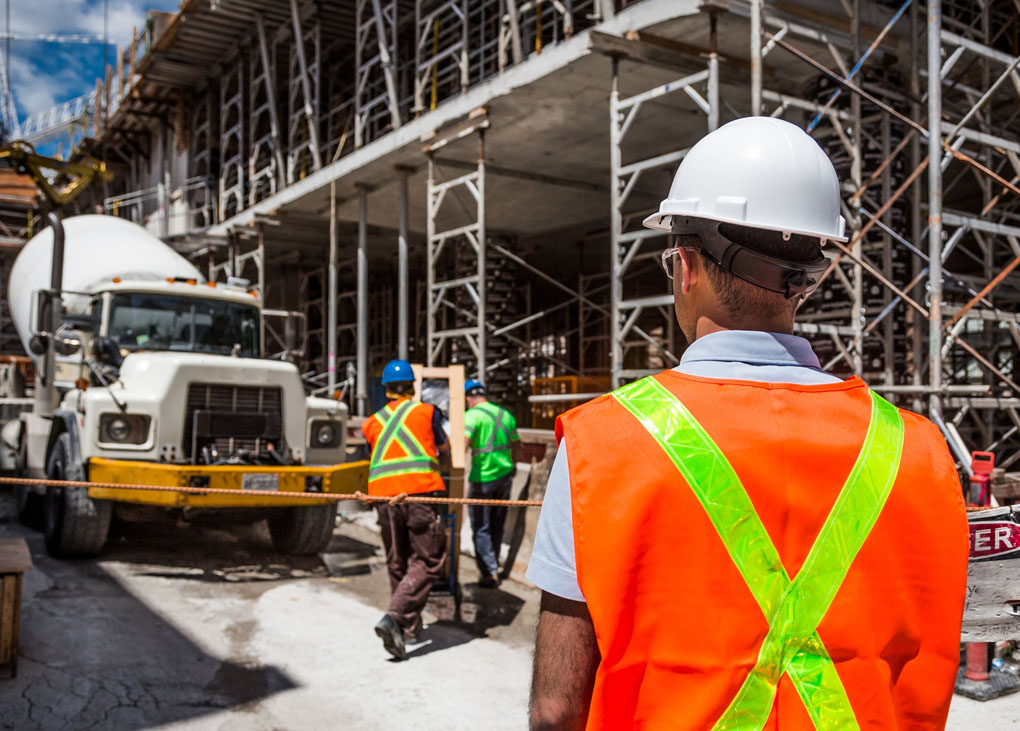
The standard of safety
As the industry works towards delivering a safer and higher quality built environment, Standards Australia has highlighted AS/NZS ISO 45001: 2018 as an ideal tool for improving occupational health and safety. The standard ISO Occupational health and safety management systems – Requirements with guidance for use was adopted by Standards Australia as AS/NZS ISO 45001:2018 […]
-

Survey on Performance Solutions
The Australian Building Codes Board (ABCB) Office has released an online survey regarding the inclusion of mandatory requirements in the National Construction code (NCC) for the development of Performance Solutions. Performance Solutions are one method that can be used to show compliance with the requirements of the NCC. They can be developed for areas such […]
-
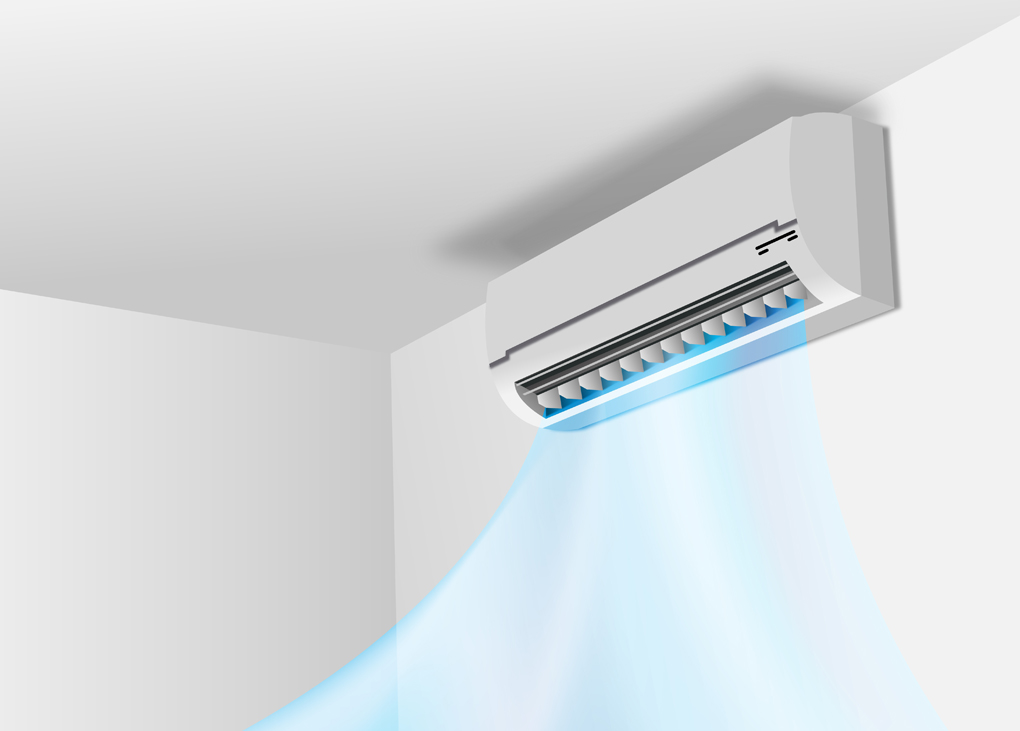
Consultation on “smart” demand response
The Council of Australian Governments (COAG) Energy Council has drafted a Regulatory Impact Statement (RIS) for certain electrical appliances to be demand-response capable. The South Australian Government is leading the consultation under the Energy Equipment Efficiency (E3) Program. The consultation paper re-examined and updated the modelling that was undertaken in 2013/14, quantifying energy network peak cost […]
-
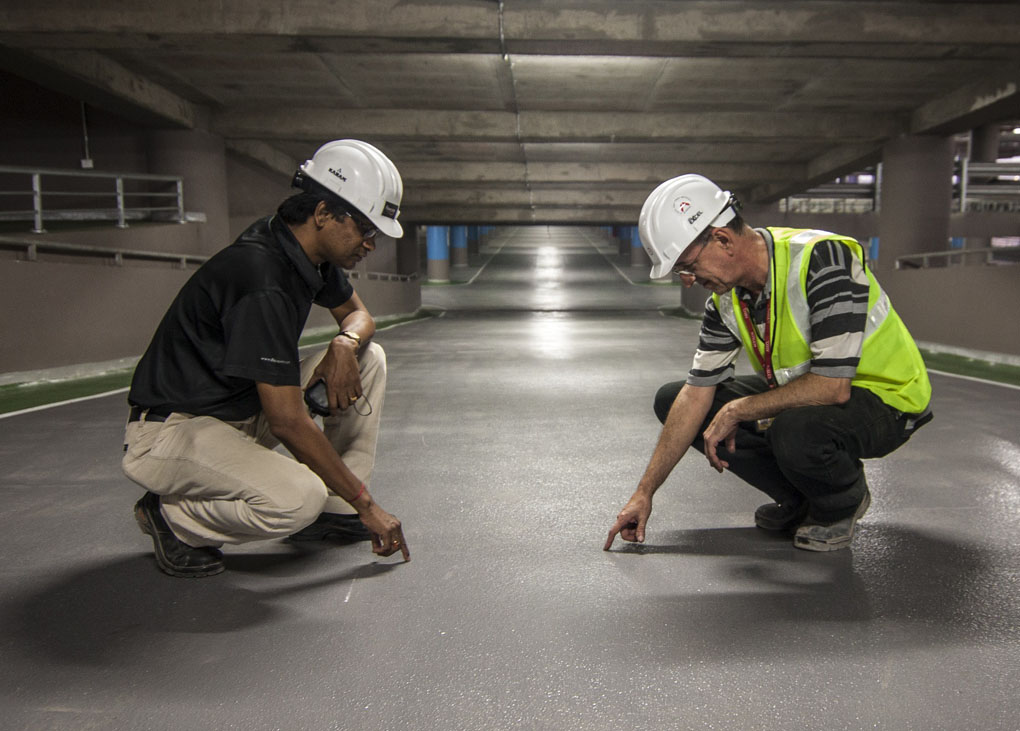
Professional registration bill passed
The Victorian parliament has passed legislation to introduce compulsory registration of engineers. The move is in line with the recommendations of the Building Confidence implementation plan, which seeks to restore the public’s trust in Australia’s building industry. Top priority in the plan is a consistent national approach to the registration of those involved in the […]
-

Best practice guide for coolrooms
The Australian Institute of Refrigeration, Air Conditioning and Heating (AIRAH) is conducting a review of a best practice guide for energy efficient walk-in coolrooms and freezers. Walk-in coolrooms are those intended to store chilled or frozen foodstuffs and other perishable items. They are accessible by at least one door suitable for people to walk through. […]